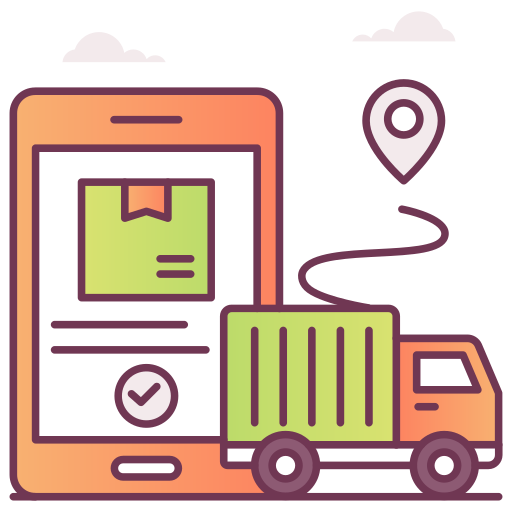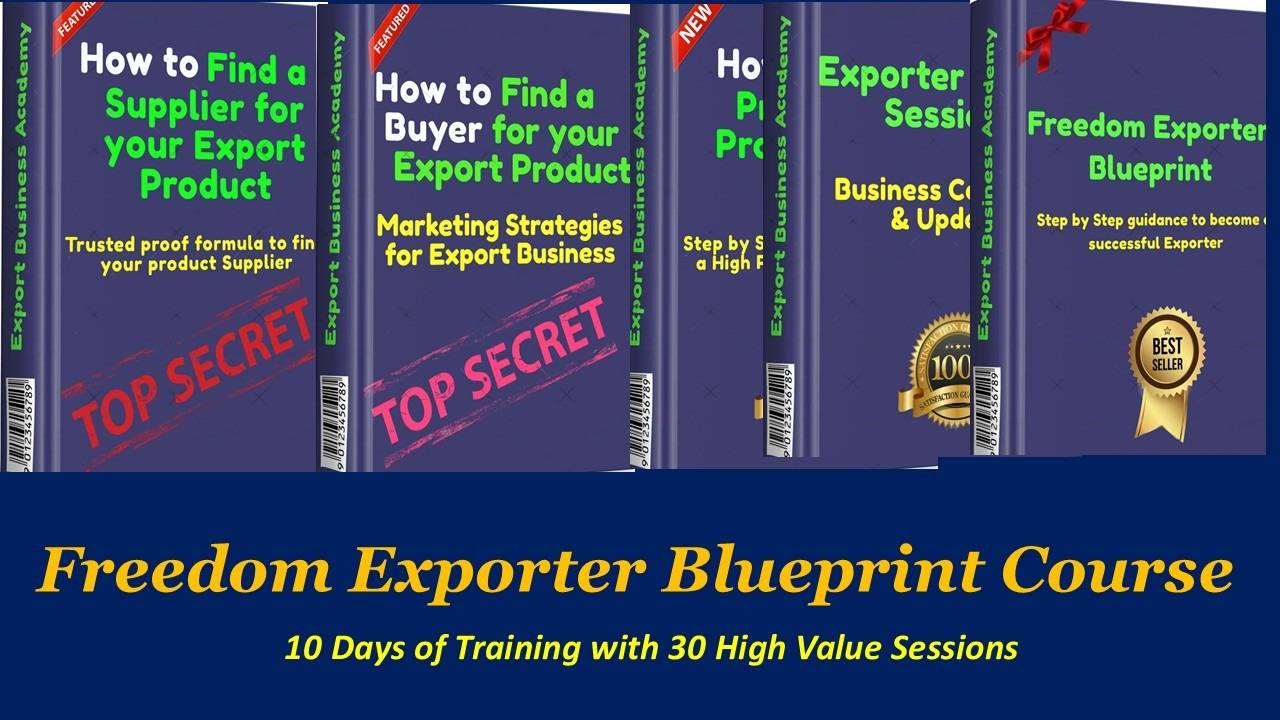















Lorem Ipsum has been the industry's standard dummy text ever since the 1500s, when an unknown printer took a galley of type and scrambled it to make a type specimen book.

Lorem Ipsum has been the industry's standard dummy text ever since the 1500s, when an unknown printer took a galley of type and scrambled it to make a type specimen book.

Lorem Ipsum has been the industry's standard dummy text ever since the 1500s, when an unknown printer took a galley of type and scrambled it to make a type specimen book.










Lorem Ipsum has been the industry's standard dummy text ever since the 1500s, when an unknown printer took a galley of type and scrambled it to make a type specimen book.

Lorem Ipsum has been the industry's standard dummy text ever since the 1500s, when an unknown printer took a galley of type and scrambled it to make a type specimen book.

Lorem Ipsum has been the industry's standard dummy text ever since the 1500s, when an unknown printer took a galley of type and scrambled it to make a type specimen book.

No. One of the biggest misconceptions is that exporting requires a large investment. In this workshop, you’ll learn how to start small with low-cost, high-demand products and smaller orders — even with limited capital.
To start an export business, get a PAN, open a current account, register your company, obtain an Import Export Code (IEC) from DGFT, find a product-market match, and comply with shipping and documentation processes.
There are many ways to reach out to Buyers like Online B2B marketplaces (like Alibaba, IndiaMART, TradeIndia), Trade shows and exhibitions, Export promotion councils, Direct marketing and networking, Government export support programs, so on, but have you well prepared to respond to Buyer? , we are here to help you on the same.
IEC is a 10-digit code required to export goods from India. You can apply online via the DGFT portal by submitting PAN, address proof, and bank details. It’s mandatory for customs clearance.
High-demand export products include spices, textiles, engineering goods, organic foods, ayurvedic products, and handicrafts. Profitable products vary by target country and demand trends. Be part of our community to find out best product for you.
Yes, GST registration is required for exporters. However, exports are zero-rated, meaning you can claim GST refunds on input purchases.
Common documents include commercial invoice, packing list, bill of lading/airway bill, shipping bill, certificate of origin, and IEC. Some products may need additional licenses, Join our community to download the template at Free of Cost.
Yes, with proper planning, niche product selection, and market research, even small businesses can achieve high profitability in exports due to global demand and government support.
It depends on your product type and demand in those regions, however top destinations include the USA, UAE, UK, Germany, and Australia. Country selection.
No, Exporters must have register their business and get the IEC code, RCMC. These benefit can be availed like RoDTEP, EPCG, Advance Authorization, TIES, and SEIS (for services). These offer tax benefits and incentives to promote global trade.

